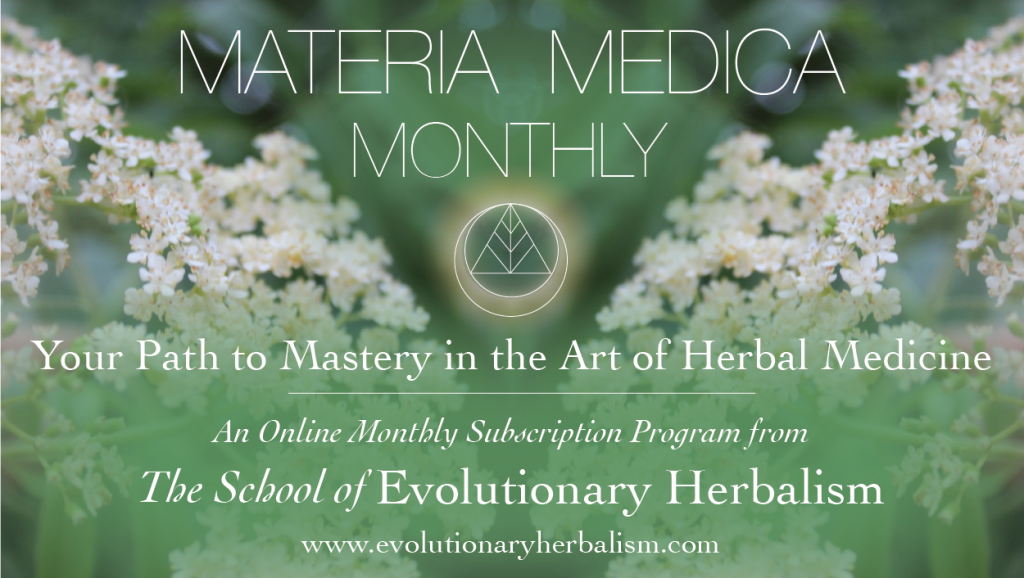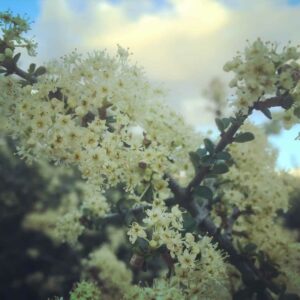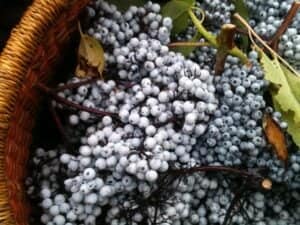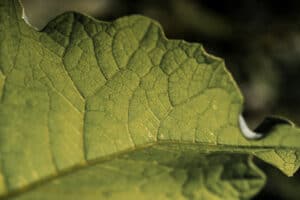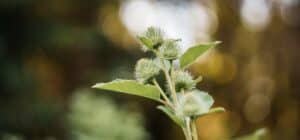Sometimes when I walk through the grocery store, I’ll pick up a bottle off of the many shelves of herbal supplements and check out what their formulas look like. I like to see how people think through, or in many cases, don’t think through how to put an herbal formula together.
Most of the time, what I see are what some herbalists call “shotgun” formulas, or “kitchen sink” formulas. That’s where you just throw together a ton of herbs that all do something that has to do with what you’re wanting the formula to do. It’s kind of like you’re just putting together everything you know might work for that condition to cover all of your bases, but there’s rarely much strategy behind that method of formulation and thus it’s not quite as effective as a well thought out and put together formula.
I think this really comes down to simply a lack of depth in understanding each herb on its own.
If you’re an herbalist and you’re trying to put together a formula for someone who’s asking you for help, it can be super difficult to think through everything that person has going on. You want to address their complaints, possibly in multiple different organ systems and you also want to balance their constitution and get the right herbs which are going to match their temperament.
It can be tricky, especially when you’re getting started. This means that people often will put together one herb for this issue, another for that organ system, another for this other thing over here… And then you have a ton of herbs in a bottle!
But you don’t necessarily always need one herb for this and another for that and another for the other thing. If you know your herbs well enough, you may just find that there’s a perfect match for you that covers the multiple organ systems and actions you’re looking for. This goes back to what the Eclectics called “specific medicine.” It’s a way of practicing herbalism that requires knowing your herbal remedies so well that you get the big picture of that one plant. You can see into the pattern within that herb, know how it works in the particular organs it effects, and know what its energetic effects are. You also know what its prabhava is – that unique thing about that herb that’s completely distinct from any other – its spiritual potency or psychological pattern it’s specific for – that one thing that really makes that herb shine.
When you know you herbs on that level, that’s how to get better results and more refined with your herbal practice! That’s what we like to call “The One Herb Formula” because you can cover so much with one herb when you understand all the levels it’s working on.
This video is just scratching the surface, so if you want to go deeper and really get to know one herb up close and personal, click on the banner below to get our first issue of Materia Medica Monthly for free. You’ll get 3 hours of video classes and 25 pages of notes for a serious herbal monograph on Calendula. After all of that you’ll know what I mean when I talk about knowing an herb in-depth. You probably had no idea someone could talk about Calendula for 3 hours!!! That just shows how much more there is to herbs than most books talk about.
Click this banner below to get your first free issue!


